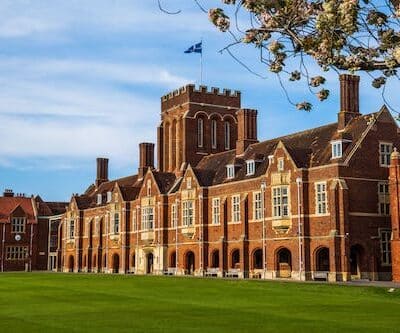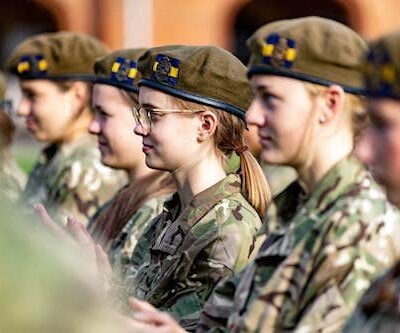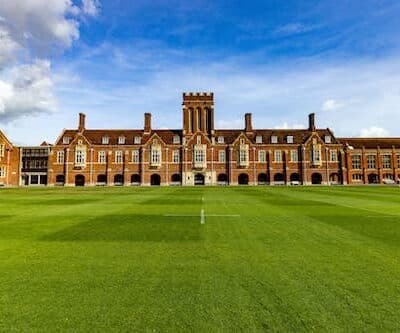Grappling with timeless questions, reflecting on the modern world
The classical world and the study of classics have had an impact on almost every aspect of the modern world: art, language, literature, philosophy, politics and beyond.
Studying classics today allows us to reflect on our heritage and to ask the same questions of our lives that the Greeks and Romans asked of theirs.
Some studying Latin and Greek enjoy the code-breaking logic of the languages, while others relish the opportunity to read the nuances of the literature. Whatever the motivation for studying classics, it produces rounded pupils; not only does it teach you how to think logically and analytically but also how to be a citizen of the world. The study of the languages, of course, helps the study of modern Indo-European languages, and also aids in the understanding of our own language.
Classicists are employable too. At our recent humanities conference, AC Grayling asserted that, increasingly, employers are less interested in specialised skills, prizing instead creators, enquirers, problem solvers and thinkers. Careers in accounting, business, finance, law, media, politics, research and teaching are not uncommon for classicists.
Department Overview
The Classics Department at Eastbourne College is a dynamic department teaching classical civilisation, Greek and Latin throughout the school. Housed in one of the oldest buildings in the school, at the very heart of the College, it is very well resourced.
In Year 9, pupils may study classical civilisation or Latin. Greek is also taught alongside Latin to the top set, which has additional time for the study of the second language. The classical civilisation course provides an overview of the ancient world and a flavour of the courses at GCSE level.
Classical civilisation, Greek and Latin are offered at GCSE, and it is possible for pupils to choose one, two or all three classical subjects, with those studying Greek taking this as one option alongside Latin.
In the sixth form, all three subjects are offered at A-level. Greek and Latin continue to develop linguistic skills and literature analysis with authors including Cicero, Herodotus, Homer, Ovid and Virgil. In classical civilisation, we study a wide range of topics from the epics of The Iliad and The Aeneid to Greek religion and the imperial image of the first emperor, Augustus.
Beyond the Classroom
There is good provision of classics beyond the classroom, from junior and senior classical societies, to the performance of plays. There are theatre trips to see relevant classical productions, both tragedy and comedy, and in the sixth form, lectures and study days.
The department aims to run trips to both Greece and Italy on a regular basis, so that the pupils are able to experience the material culture of the ancient world first hand.
Those who are considering classical subjects at university, and in particular Cambridge or Oxford, are able to attend the annual Oxbridge Classics Conference, which includes lunch at a college and a series of lectures.

“For he to whom the present is the only thing that is present, knows nothing of an age in which he lives.”









